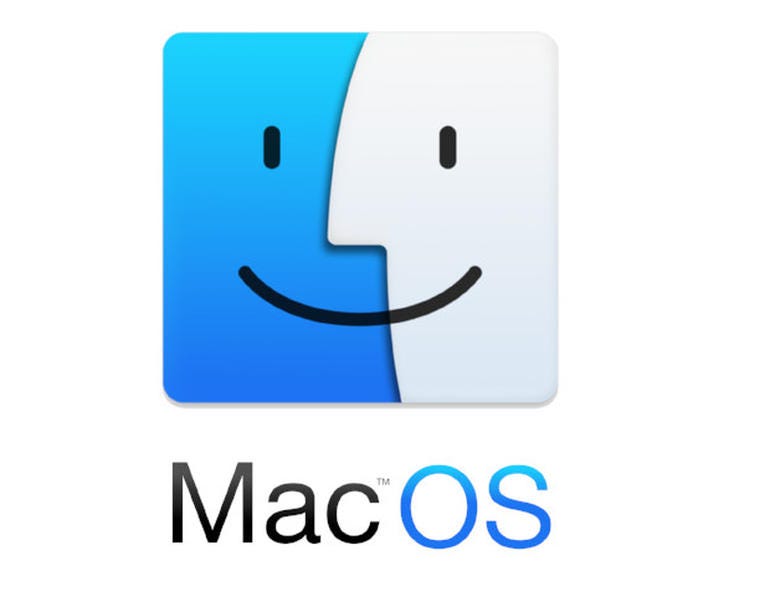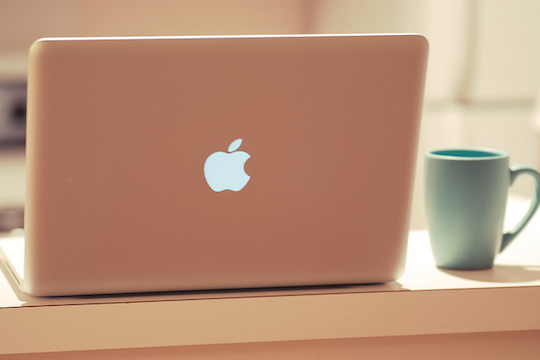고정 헤더 영역
상세 컨텐츠
본문
The Apple Java for OS X 2012-006 1.0 update for Mac OS X 10.7, 10.8 operating systems delivers improved security, reliability, and compatibility by uninstalling the Apple-provided Java applet plug.
Last Updated: September 26, 2017 Macs do not include Java by default so you have to download and install Java on El Capitan, Sierra and High Sierra separately. One of the most common problems users have after upgrading to El Capitan, Sierra or High Sierra is an error message when trying to access certain websites or run apps that require Java and this tutorial helps fix that. There are also issues regarding legacy support for Java 6 in macOS 10.12 Sierra which we clarify at the end of the article. Note that we don’t recommend you install Java unless absolutely essential because it’s notoriously unstable and insecure and once installed, you can’t ever fully.

However, if you’re one of those people that has no choice because the website you need to access, application you want to use or the game you want to play requires it, follow these instructions. How To Install Java On El Capitan, Sierra & High Sierra If you’ve upgraded to El Capitan,macos Sierra or High Sierra and keep receiving the error message pop up: To use the “java” command line tool you need to install a Java SDK It’s because an application you have installed or a website you’re trying to access requires Java to launch or work properly. If you’ve never installed Java on Mac, then you can simply which is known as Java 8 but rather confusingly officially called Java 1.8 by Oracle. If you’re not sure whether Java is installed on your Mac, simply search for Terminal in Spotlight and type: java -version at the command prompt. If Java is on your Mac, you’ll see a message saying something like “Java (TM) Runtime Environment” in this case version 1.6 (or Java 6 as it is commonly known).
If you find that you already have Java 1.6 installed, scroll down below “How to update Java 6 in El Capitan” as you also need to install a special update from Apple. Java Installation Problems in El Capitan, Sierra & High Sierra If you run into problems during the installation of Java, it’s because Apple has added an extra layer of security to Macs known as Rootless SIP. Java has such a bad rep on Macs that Apple has made it increasingly difficult to install it and other things that can potentially damage OS X. If your Mac is blocking the installation of Java, follow these instructions to disable rootless SIP and try again:. Restart your Mac when the screen turns black hold down ⌘R until the Apple logo appears.

Select the “Utilities” menu and then “Terminal”. In Terminal type: csrutil disable. Hit Return and then restart OS X.
Your Mac will then restart with SIP disabled and you can try installing Java again. To re-enable System Integrity Protection, follow exactly the same procedure except type: csrutil enable. Rootless SIP is then renabled on your Mac. Note: You will have to deactivate SIP when new updates for Java are released as Java will not update while SIP is enabled.
Tim Cook has pulled a startling coup, getting Larry Ellison to start cooking - if not eating - his own dog food. The headlines make it sound like Oracle, the inherited owner of Java, has generously stepped in to help protect Mac owners from. There's an important backstory, though, that hasn't hit the headlines. Although Steve Jobs tried for years to get out from under the Java ball and chain, last week Tim Cook finally coerced Oracle into supplying updates for its own software. It only took to convince Oracle to handle Java on OS X itself.
Stay up to date with. Get. Steve Jobs dropped Java for the Mac in October 2010, removing it as part of the standard OS X install. 20, says, 'The Java runtime ported by Apple and that ships with Mac OS X is deprecated. Developers should not rely on the Apple-supplied Java runtime being present in future versions of Mac OS X.' At the same time, Apple stopped accepting apps for the Mac App Store that relied on the Java Runtime Environment. Apple had never supported Java clients in its iOS.
21, 2010, the MacRumors forum said that, claiming, 'Sun (now Oracle) supplies Java for all other platforms. They have their own release schedules, which are almost always different than ours, so the Java we ship is always a version behind. This may not be the best way to do it.' Of course, Jobs knew at the time he was blowing smoke - or perhaps a reality distortion field set in. With a few notable exceptions, Java's owner has never supplied versions 'for all other platforms.' Back when Java started, Sun supplied a version of the runtime for Linux because, as the 'father of Java', 'there was no one else to do it.'
Every other distributor - Microsoft, IBM, Hewlett-Packard, and Apple - rolled its own version, based on Sun's reference code. Java 1.0 for Mac OS 9 was released in 1996, the year Apple bought NeXT and Jobs returned to the Apple fold. Jobs knew full well that Apple was developing its own version of Java, just like all the other platform providers.
Microsoft started taking its version of Java far afield, adding its own extensions to the language, and Sun sued in 1997 to get its trademark back. A bitter, extended, and very public court battle ended in January 2001, with Microsoft paying Sun $20 million for its transgressions and Sun taking control of Java updates. Until this last week, Sun had released Java versions only for Linux and Windows. All the other platforms made their own. The fact is that Jobs had been trying for years to get Sun, then Oracle, to take over Java releases for OS X. Back in 2007, Jobs is, 'Java's not worth building in. Nobody uses Java anymore.
Apple Disponibiliza Java For Mac
It's this big heavyweight ball and chain.' In 2010, when Jobs dropped Java like a hot cup of coffee, he tried to shame Oracle into supporting it. Since then, Java's been a neglected stepchild in the Mac world, completely shunned in iOS.




